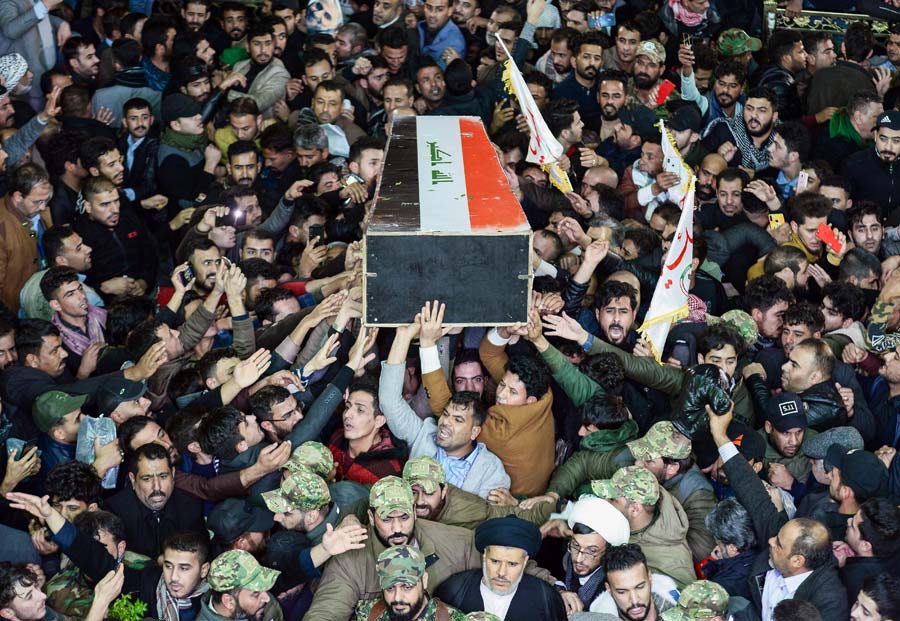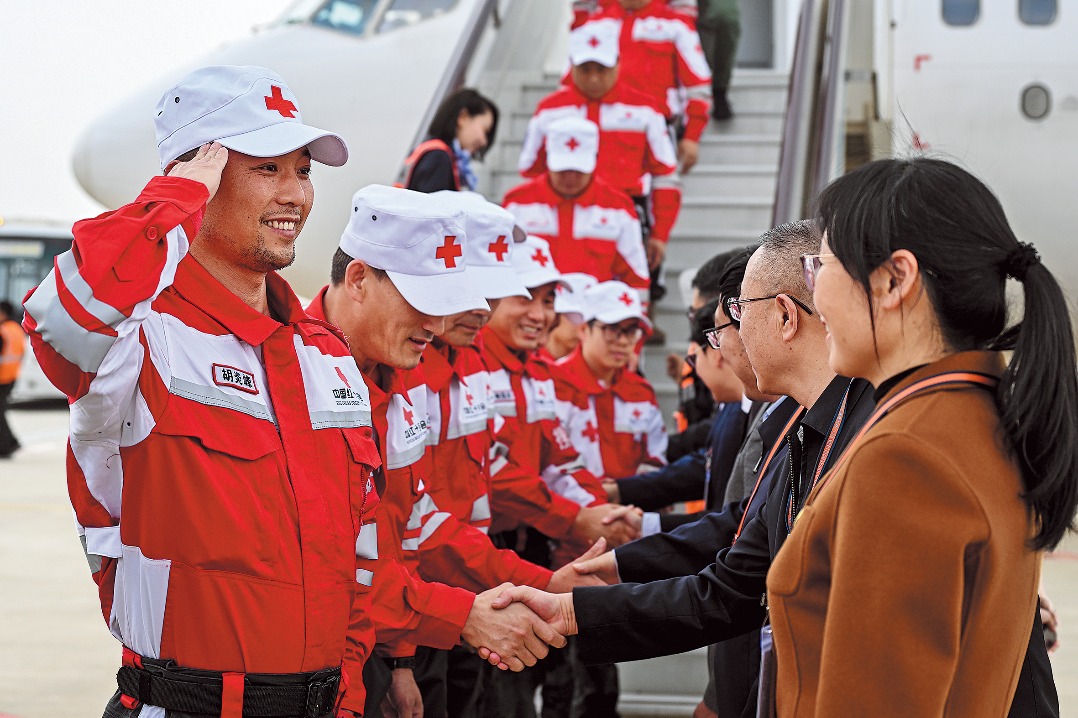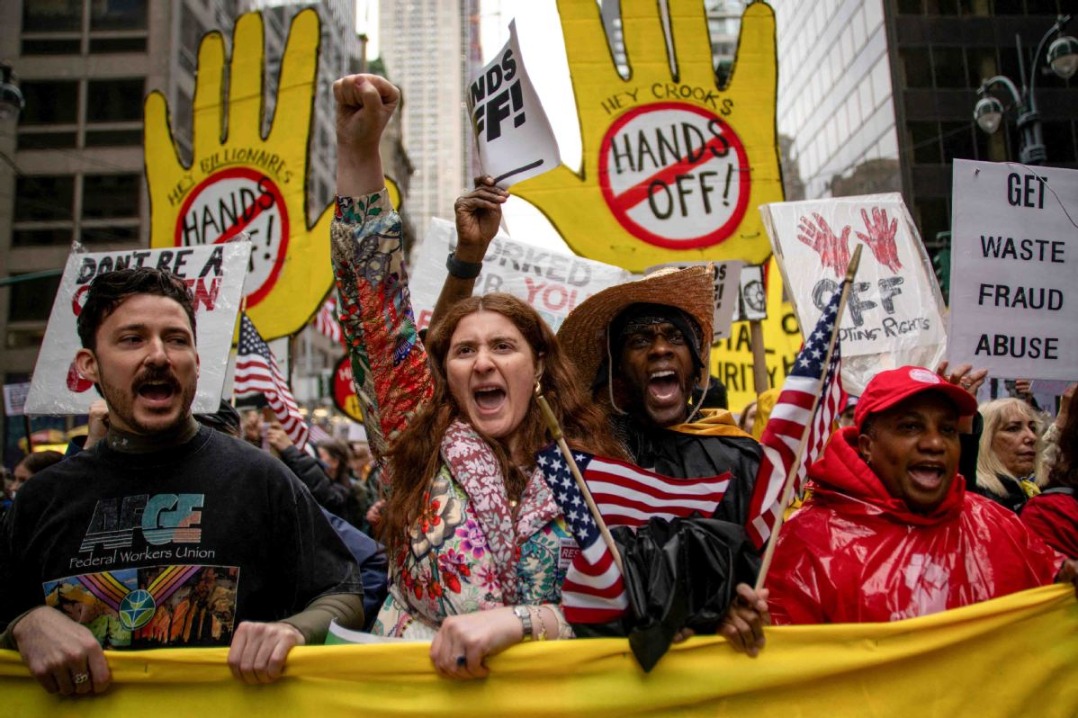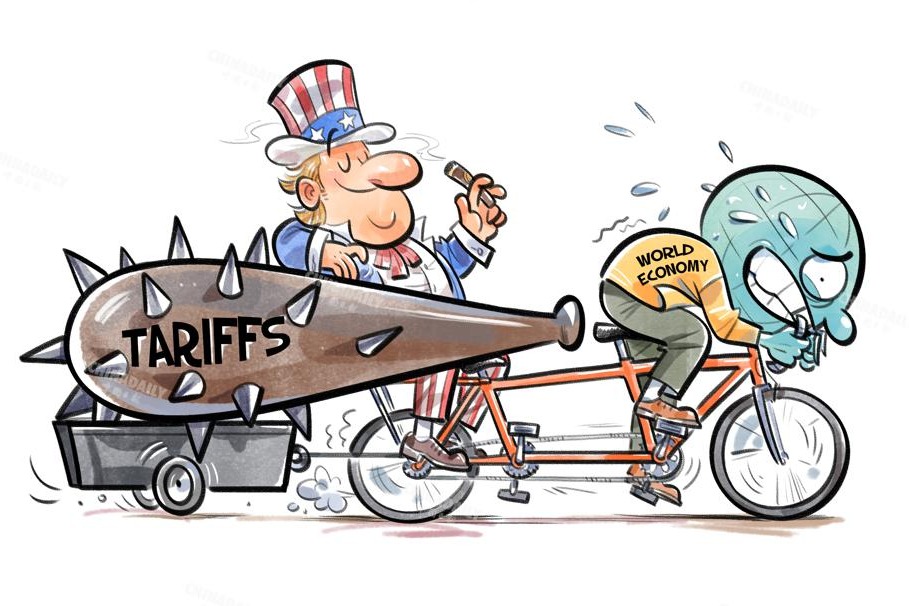Dialogue urged on Middle East
By ZHAO HUANXIN in Washington and CAO DESHENG in Beijing | China Daily Global | Updated: 2020-01-06 12:46

Hundreds of US troops deployed on Saturday from Fort Bragg, North Carolina, to Kuwait to serve as reinforcements in the Middle East amid rising tensions following the killing of Soleimani, Teheran's most prominent military commander, The Associated Press reported.
Jon Alterman, a senior vice-president of the Center for Strategic & International Studies in Washington, said that following the drone attack on the Iranian military leader, Iran will respond, forcing itself to the forefront of US foreign policy considerations for years to come and drawing the United States into the sort of shadowy battles the Pentagon has been trying to escape for more than a decade.
"As a consequence of this action, the United States will grow more enmeshed militarily in the Middle East," Alterman, also director of the Middle East Program at the CSIS, said in a post on Friday.
One expert said Washington and Teheran can still take an off-ramp rather than escalating tension further.
"It is in both US and Iranian interests to preserve the option of diplomacy to resolve the outstanding issues before tragedy ensues," said Michele Dunne, director and senior fellow of the Middle East program at the Carnegie Endowment for International Peace, in an article on the endowment's website.
Meanwhile, State Councilor and Foreign Minister Wang Yi had telephone talks on Saturday with the foreign ministers of Iran, Russia and France, reiterating that China opposes the abuse of military force in international relations.
On Friday, China's top diplomat, Yang Jiechi, expressed the country's high concern over the current Middle East situation during a phone conversation with US Secretary of State Pompeo, urging all sides, particularly the US, to maintain restraint.
























